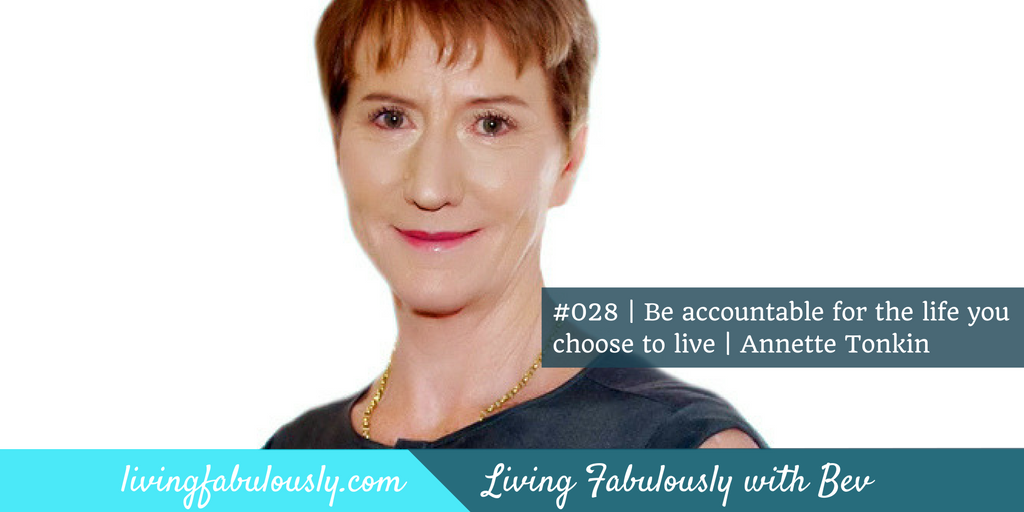“I like when I can say that I can move on now. I’ve dealt with it instead of distracting or going around the issue to revisit it later on”
We all know what it feels like to have a prickly conversation or not feel heard. Glyn Conlyn is a highly experienced coach and trainer who specialises in non-violent or compassionate communication. She promotes communicating simply and easily to allow others to more clearly hear our communication. Glyn works to build understanding in relationships between friends, couples, families, in the workplace and with partners in business.
Inspire yourself with these essential insights from Glyn
We spoke about
The role of a certified non-violent communication trainer
The impact of conflict and not being heard from the playground to the workplace
Ideas on allowing for time to speak with truth
What compassionate vs violent communication are
The benefits of compassionate communication for self and others
Why knowing how to resolve conflict is good for you
Improving your overall ability to resolve disputes
The 4 step process Glyn teaches for compassionate communication
Your attention and intention in the moment
Getting oneself out of a downward spiral in 5 key steps
Glyn’s many tips for living fabulously
Value Quotes
“I’m really careful about telling the truth with care which is different to out and out honesty.”
“What I’ve realised with compassionate communication is that you don’t need to have the quantity of time but you need to know how to access the quality of communication”
“You make a time to put effort into your relationship”
“Everyone is acting from trying to meet a need”
“Personal power, confidence and competence is within everyone’s reach”
“It allows to you understand yourself without judgement and to understand others without needing to agree”
“I like when I can say that I can move on now. I’ve dealt with it instead of distracting or going around the issue to revisit it later on”
“It’s amazing that it’s possible to correct what led to the problem in the first place and prevent future conflicts by doing this”
“If you have that intention to connect that’s really important”
“Surround yourself with others that listen deeply and are not morally judging your thoughts and actions”
If you got value from this episode if you have not yet done so please Subscribe, Rate and Review on iTunes or Stitcher. You can follow the instructions here. If you know someone else that would get value from this episode as well please share it with them.
Until next time fabulous podcast listener, I’m Bev and I invite you to live the fab life with me now!
Episode Links
You can find Glyn Conlon at:
Website: www.keystoneskills.com.au
Facebook: https://www.facebook.com/nvciskey/




